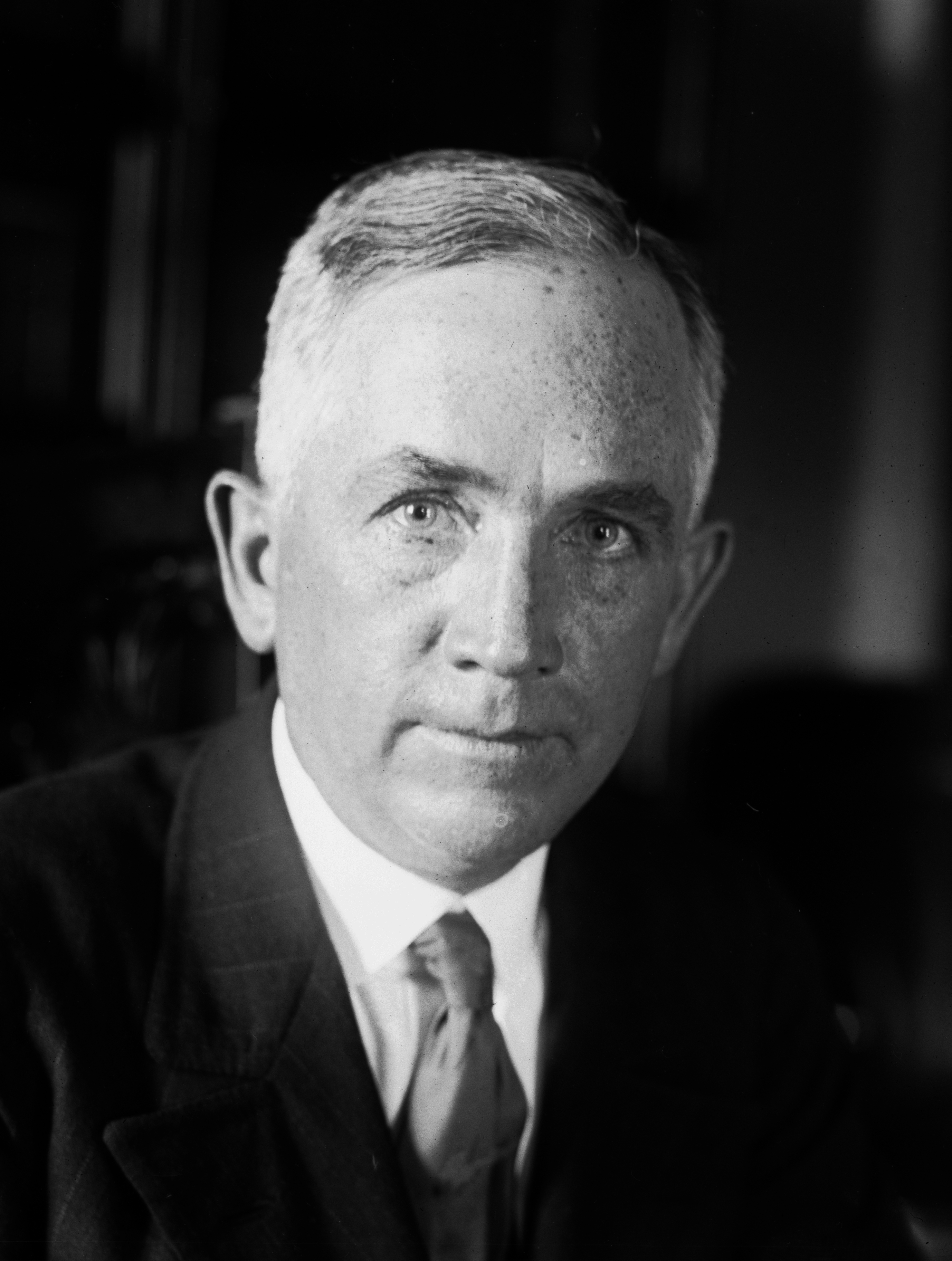|
Reich Citizens' Council
The Reich Citizens‘ Council (German: ) was the umbrella organisation for the citizens’ councils that were set up across Germany to oppose the workers‘ and soldiers’ councils that had taken over many local governments in the early weeks of the German revolution of 1918–1919. After the parliamentary Weimar Republic was established and the workers' and soldiers' councils disbanded, the Reich Citizens' Council adopted a programme to fight Marxism, alter the terms of the Treaty of Versailles and end the "command economy". It worked with or supported other conservative and far-right groups such as the Anti-Bolshevist League and the German Agrarian League. The Kapp Putsch of March 1920 split and seriously weakened the council, but it was still able to use its influence to help elect Paul von Hindenburg president of Germany in 1925 and block a referendum to expropriate the properties of the former German princes in 1926. By the time the Nazi Party came to power in 1933, the Reic ... [...More Info...] [...Related Items...] OR: [Wikipedia] [Google] [Baidu] |
German Workers' And Soldiers' Councils 1918–1919
The German workers' and soldiers' councils of 1918–1919 () were short-lived Workers' council, revolutionary bodies that spread the German Revolution of 1918–1919, German Revolution to cities across the German Empire during the final days of World War I. Meeting little to no resistance, they formed quickly, took over city governments and key buildings, caused most of the locally stationed military to flee and brought about the abdications of all of Germany's List of German monarchs in 1918, ruling monarchs, including Emperor Wilhelm II when they reached Berlin on 9 November 1918. In spite of being patterned after the soviet (council), soviets of the Russian Revolution, few of the German workers' and soldiers' councils had any interest in establishing a system of council communism. Most members wanted an end to the war and to German militarism, and the establishment of a parliamentary republic dominated by the moderate Social Democratic Party of Germany, Social Democratic Party ... [...More Info...] [...Related Items...] OR: [Wikipedia] [Google] [Baidu] |
University Of Berlin
The Humboldt University of Berlin (, abbreviated HU Berlin) is a public research university in the central borough of Mitte in Berlin, Germany. The university was established by Frederick William III on the initiative of Wilhelm von Humboldt, Johann Gottlieb Fichte and Friedrich Daniel Ernst Schleiermacher as the University of Berlin () in 1809, and opened in 1810. From 1828 until its closure in 1945, it was named the (Royal) Friedrich Wilhelm University of Berlin (FWU Berlin; ). During the Cold War, the university found itself in East Berlin and was ''de facto'' split in two when the Free University of Berlin opened in West Berlin. The university received its current name in honour of Alexander and Wilhelm von Humboldt in 1949. The university is divided into nine faculties including its medical school shared with the Freie Universität Berlin. The university has a student enrollment of around 35,000 students, and offers degree programs in some 171 disciplines from und ... [...More Info...] [...Related Items...] OR: [Wikipedia] [Google] [Baidu] |
Syndicalism
Syndicalism is a labour movement within society that, through industrial unionism, seeks to unionize workers according to industry and advance their demands through Strike action, strikes and other forms of direct action, with the eventual goal of gaining control over the means of production and the economy at large through social ownership. Syndicalist unions first emerged in Spain and North America in the 1870s, before rising to prominence in France and later emerging on other continents. Syndicalist movements were most predominant amongst the socialist movement during the interwar period that preceded the outbreak of World War II. Major syndicalist organizations included the General Confederation of Labour (France), General Confederation of Labor (CGT) in France, the Confederacion Nacional del Trabajo (CNT) in Spain, the Italian Syndicalist Union (USI), the Free Workers' Union of Germany (FAUD), and the Argentine Regional Workers' Federation (FORA). Although they did not re ... [...More Info...] [...Related Items...] OR: [Wikipedia] [Google] [Baidu] |
War Guilt
Article 231, often known as the war guilt clause (), was the opening article of the reparations section of the Treaty of Versailles, which ended the First World War between the German Empire and the Allied and Associated Powers. The article did not use the word ''guilt'' but it served as a legal basis under which Germany was to pay reparations for damages caused during the war. Article 231 was one of the most controversial points of the treaty. It specified: Many German commentators viewed this clause as a national humiliation, forcing Germany to accept full responsibility for causing the war. German politicians were vocal in their opposition to the article in an attempt to generate international sympathy, while German historians worked to undermine the article with the objective of subverting the entire treaty. The Allied leaders were surprised at the German reaction; they saw the article only as a necessary legal basis to extract compensation from Germany. The article, wit ... [...More Info...] [...Related Items...] OR: [Wikipedia] [Google] [Baidu] |


